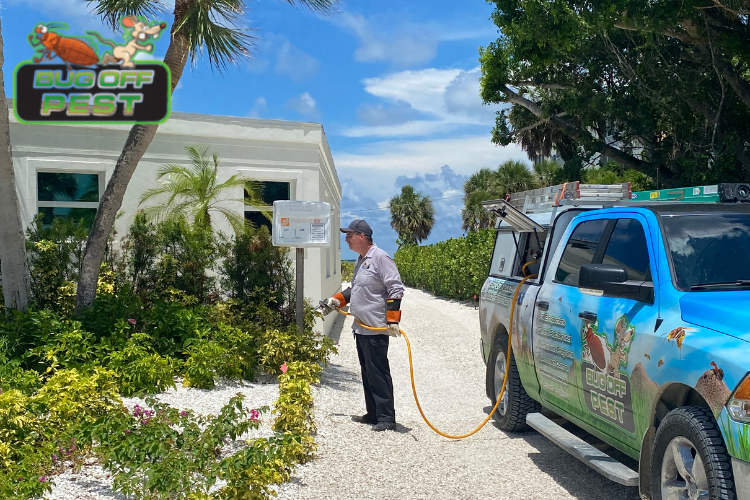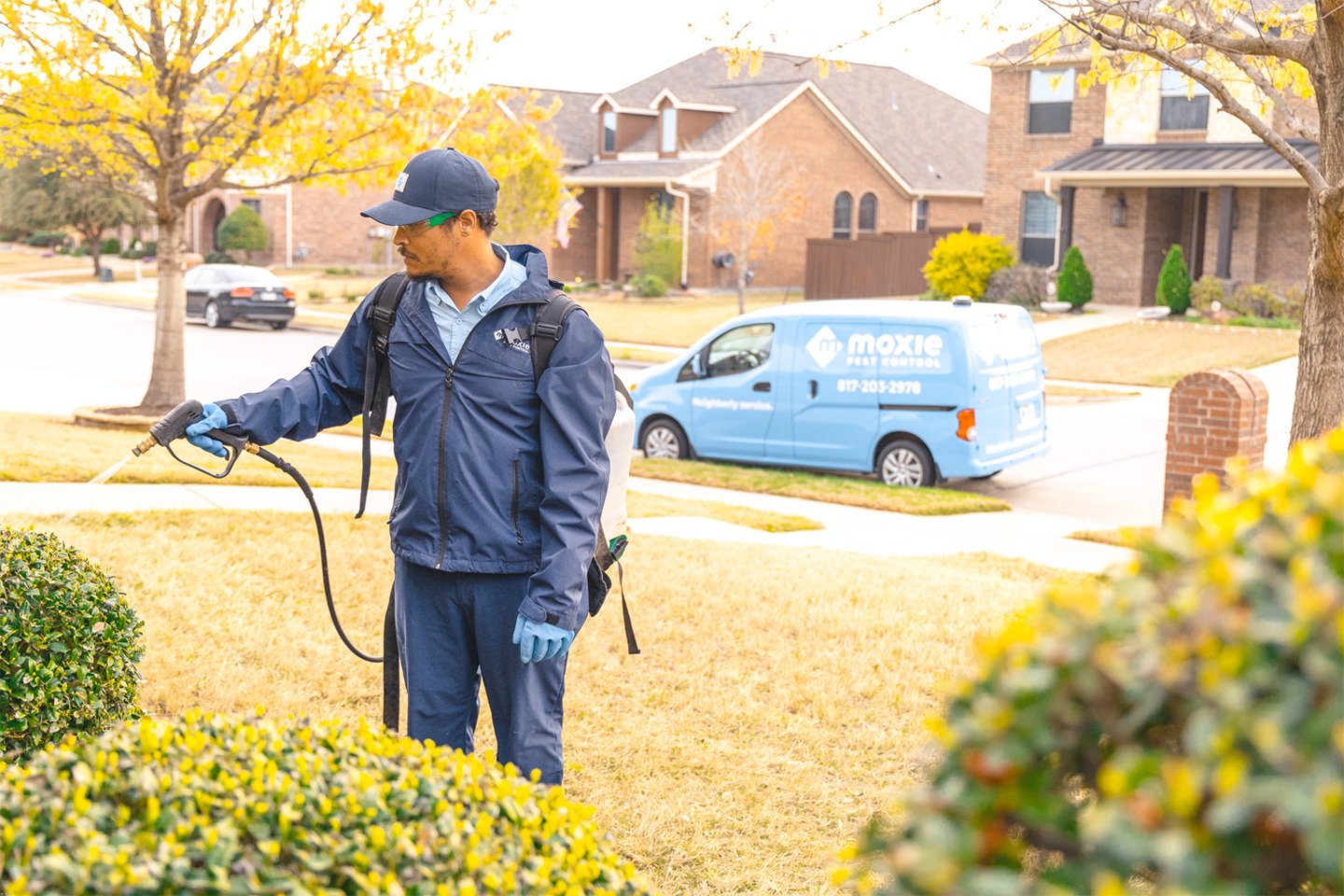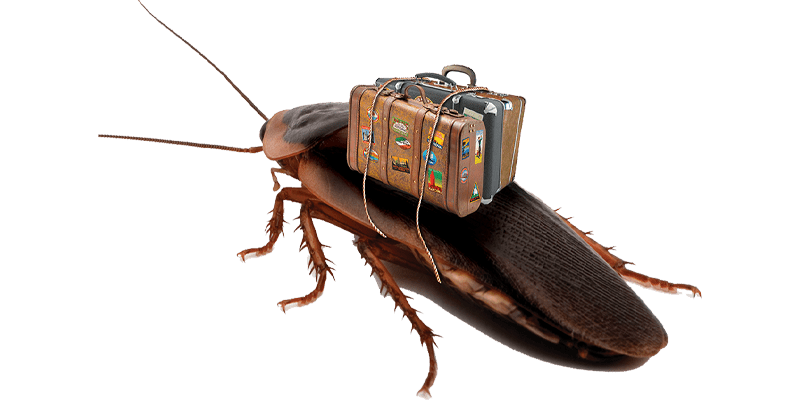Expert Mosquito Control Services for a Comfortable Outdoor Living Space
Learn About the current Advances in Insect Control and Exactly How to Carry Out Reliable Therapy Solutions
In current years, the field of bug control has experienced significant innovations, driven by the need for lasting and effective treatment remedies. Ingenious strategies such as Integrated Insect Management (IPM) integrate environmentally friendly techniques with advanced modern technology, enhancing both effectiveness and environmental obligation.
Eco-Friendly Parasite Control Options
In recent times, the need for eco-friendly parasite control options has surged as services and house owners alike look for lasting options to standard chemical therapies. This change is driven by growing ecological understanding and a wish to lessen the health and wellness threats related to artificial pesticides.

Environmentally friendly pest control approaches include a variety of strategies that focus on using natural materials and methods. Integrated Insect Management (IPM) is one such approach, incorporating biological, social, and mechanical techniques to manage parasite populaces while minimizing dependence on chemicals (Wildlife removal services). This all natural approach stresses prevention through environment control and the introduction of natural predators, therefore fostering a well balanced environment
Another prominent alternative is making use of herb chemicals derived from plants, which tend to be less dangerous to non-target organisms. Products like neem oil and diatomaceous earth have actually gained traction for their efficiency in regulating insects while posturing minimal risks to human health and wellness and the setting.
Additionally, exclusion methods, such as securing access points and preserving tidiness, play a crucial role in green pest administration. By taking on these lasting practices, individuals and services can effectively handle parasites while promoting a healthier world for future generations.
Smart Technology in Insect Administration
Technology is reshaping the landscape of bug monitoring, with clever technology becoming an essential pressure in enhancing efficiency and efficiency - Wildlife removal services. The combination of Web of Points (IoT) tools, expert system (AI), and information analytics is transforming how insect control experts approach invasions
Smart traps equipped with sensors can detect pest task in real-time, sending out prompt informs to drivers. This permits timely actions, decreasing damage and decreasing the need for extensive therapies. Furthermore, AI formulas examine historical information to anticipate insect behavior, making it possible for positive interventions based upon environmental conditions and problem patterns.
Drones and automatic vehicles are additionally playing a considerable role in pest administration, providing airborne assessments of huge areas, identifying hotspots, and also distributing targeted therapies. These technologies not just improve procedures but additionally enhance safety and security by limiting human direct exposure to potentially harmful chemicals.
Moreover, mobile applications empower customers to monitor parasite activity and gain access to expert recommendations, fostering a collective strategy to pest administration. Overall, the fostering of smart innovation is establishing a new requirement in parasite control, emphasizing data-driven choices and lasting practices that eventually profit both professionals and house owners alike.
Integrated Bug Management Techniques
Integrated Bug Monitoring (IPM) employs an alternative technique to pest control, incorporating various methods to properly manage insect populaces while decreasing risks to human health and the atmosphere. IPM rotates around recognizing the pest life process, their all-natural adversaries, and the community in which they prosper.
Among the essential components of IPM is keeping an eye on pest populaces with normal examinations and information collection. This allows for the recognition of pest thresholds, determining when intervention is essential. Cultural methods, such as crop cleanliness, habitat, and rotation adjustment, are essential in reducing pest prevalence and advertising plant wellness.
Mechanical controls, consisting of obstacles and catches, are likewise important in IPM. These methods can literally eliminate or discourage insects without using chemicals. When necessary, the wise application of chemical controls is used, focusing on targeted treatments that decrease ecological effect.
Education and cooperation amongst stakeholders, including farmers, parasite control experts, and the neighborhood, are essential for the effective application of IPM techniques. By focusing on sustainable practices, IPM not just addresses pest issues yet likewise fosters a much healthier environment.
Biological Control Methods
Many biological control methods are significantly acknowledged for their effectiveness in taking care of insect populaces while promoting eco-friendly balance. These approaches harness natural killers, parasites, and virus to decrease pest numbers without counting on artificial chemicals. For example, the introduction of ladybugs can properly manage aphid populaces, while nematodes target soil-dwelling pest larvae.
Furthermore, using microbial pesticides, such as Bacillus thuringiensis (Bt), supplies an environmentally friendly alternative for taking care of caterpillar pests. These products particularly target pest varieties, reducing damage to advantageous bugs and pollinators. Conservation organic control stresses boosting environments for natural enemies, such as birds and useful bugs, consequently urging their visibility in farming systems.
Research continues to reveal innovative methods within this field, such as the use of pheromones to interrupt pest breeding patterns or the advancement of biocontrol plague control agents with genetic modification. Executing these techniques can cause lasting bug monitoring methods that minimize the dependence on chemical treatments, eventually promoting healthier environments. As recognition of these strategies grows, they are ending up being important elements of integrated bug administration (IPM) methods, using a balance between efficient bug control and environmental stewardship.
Do It Yourself Insect Control Solutions
As house owners look for reliable methods to deal with insect issues, DIY pest control solutions have actually gotten appeal for their ease of access and cost-effectiveness. These methods empower people to attend to invasions using readily available materials and strategies, usually without the demand for expert treatment.

Furthermore, preserving proper hygiene and routine evaluations can prevent parasite entrance and nesting (Wildlife removal services). Simple techniques, such as securing cracks, getting rid of food sources, and decluttering, can considerably diminish bug populations. Catches, both homemade and commercially available, can additionally provide effective remedies for tracking and regulating certain pests like pests or rats

Conclusion
The integration of eco-friendly parasite control choices, smart modern technology, and ingenious management approaches provides an extensive strategy to reliable parasite administration. By accepting Integrated Pest Monitoring (IPM) and utilizing organic control methods, along with DIY remedies, sustainable and liable insect control look at here now can be attained. These developments not just enhance the performance of insect monitoring practices yet also add to a healthier atmosphere. Implementing these strategies promotes a well balanced community while successfully addressing pest populaces.
Environment-friendly parasite control approaches incorporate a range of strategies that prioritize the use of natural compounds and methods. Integrated Bug Administration (IPM) is one such technique, incorporating organic, social, and mechanical tactics to manage pest populations while reducing reliance on chemicals. As awareness of these techniques grows, they are becoming essential elements of integrated insect management (IPM) strategies, providing an equilibrium between effective pest control and environmental stewardship.
The combination of environment-friendly bug control alternatives, clever modern technology, and cutting-edge Read Full Article monitoring approaches offers a detailed technique to efficient bug administration. By accepting Integrated Insect Administration (IPM) and using biological control approaches, alongside Do it yourself options, liable and lasting insect control can be achieved.